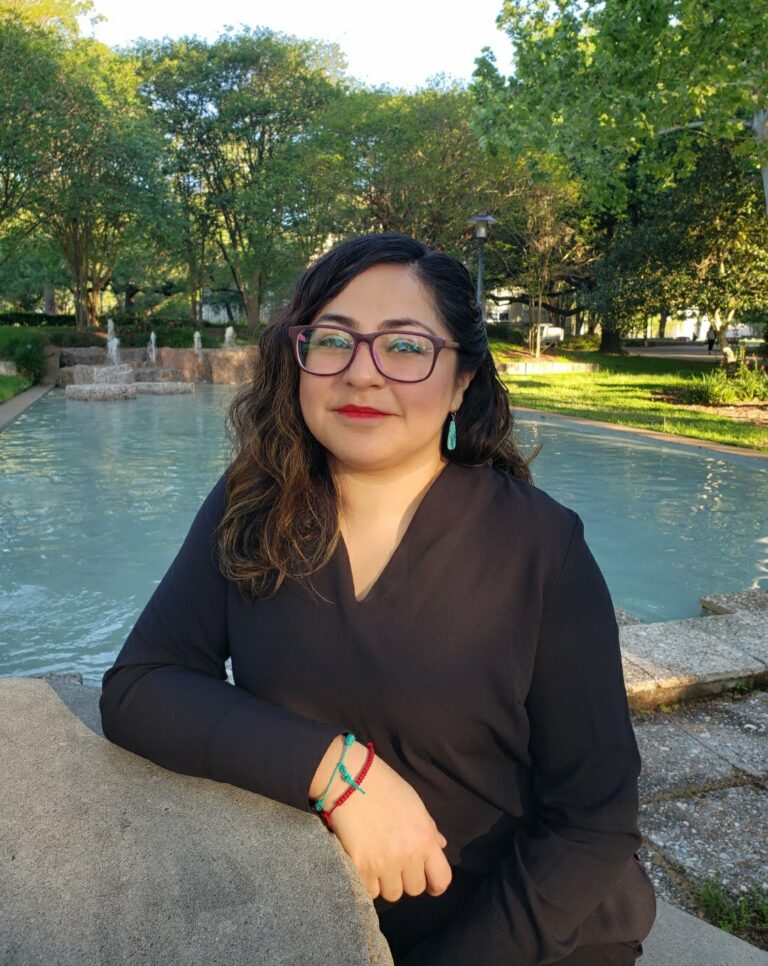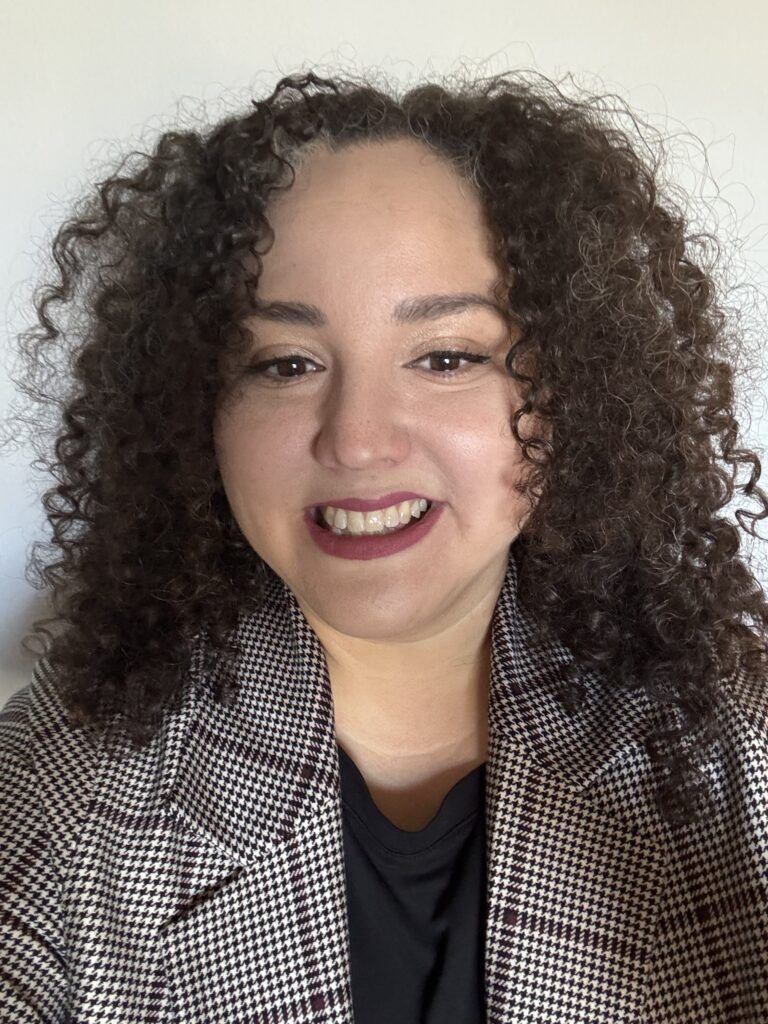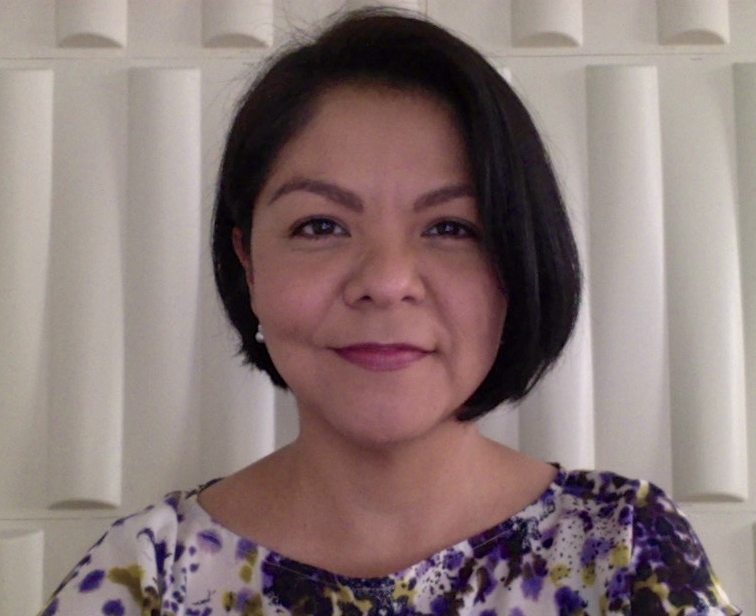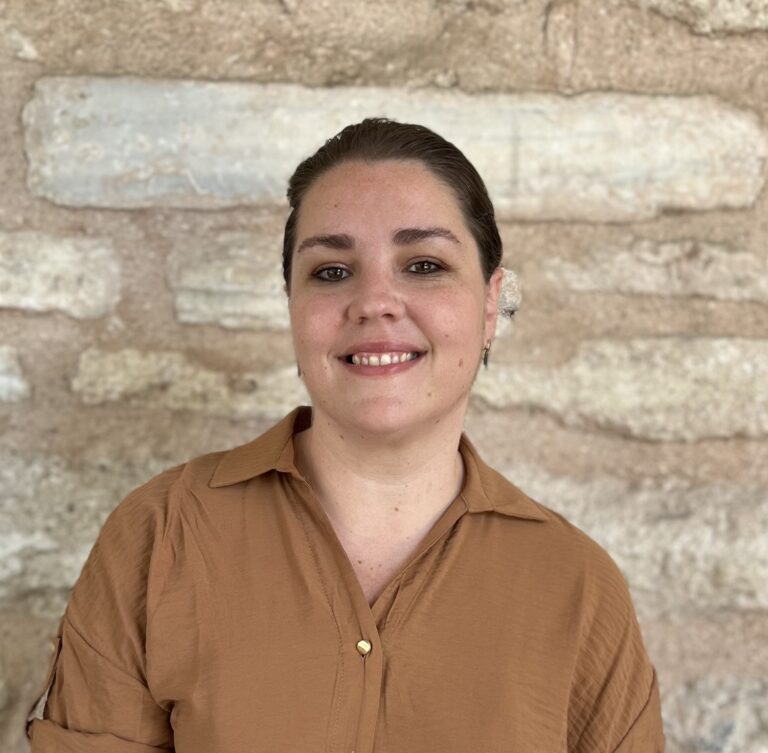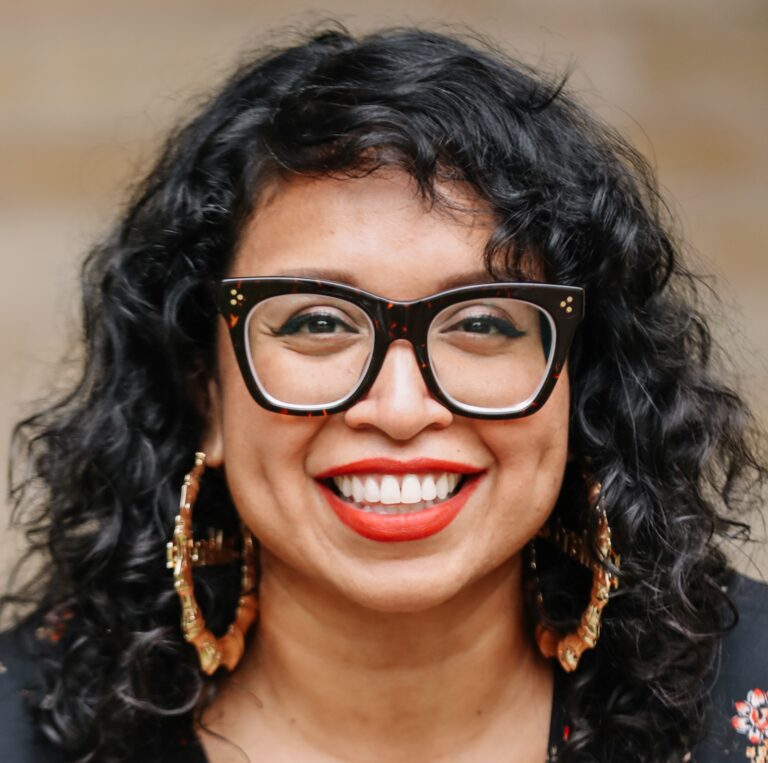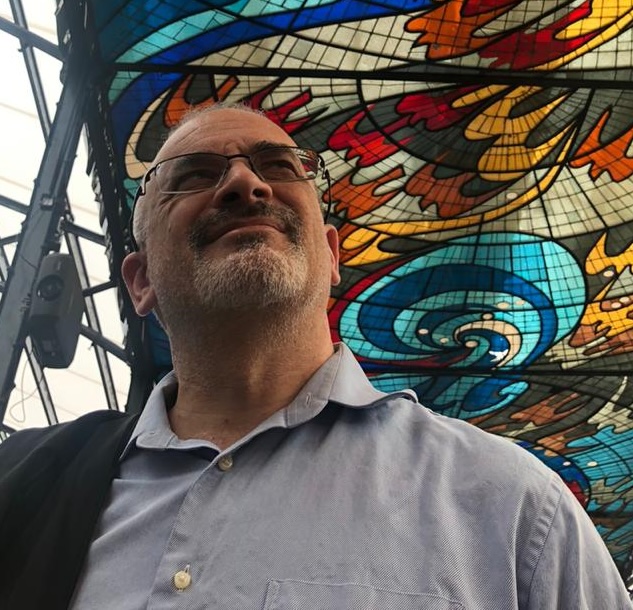What is Transborder Digital Humanities?
The Transborder Digital Humanities (TBDH) initiative is a Mellon Foundation-funded project that fosters community-engaged research and collaboration on transborder and borderlands cultures. We focus on the U.S.-Mexico border and transborder experiences across the Americas. TBDH supports scholars at all levels–especially first-generation and international researchers–through mentorship, community building, engagement of digital resources, and public scholarship. Our work is rooted in community-engaged critical border studies, ethnic and race studies, heritage language and translingual studies, gender and sexuality studies, and digital and public humanities.
By bringing together interdisciplinary researchers, educators, and community partners, TBDH seeks to expand ethical and responsible approaches to representing border stories in the digital cultural record. Our work is grounded in a commitment to social justice, inclusion, and community collaboration. Our goal is to ensure border narratives are represented with care, accuracy, and respect for the lived experiences of those who navigate borderlands, as well as for those who are not familiar with the borderlands.
Borderlands and
Positionality
At TBDH, we recognize borderlands as dynamic spaces shaped by histories of migration, colonialism, resistance, and cultural exchange. We engage with borderlands beyond geographic boundaries, understanding them as sites of identity, power, and contestation.
Our work acknowledges that every researcher, educator, and collaborator brings their own positionality–their social, cultural, and historical perspectives–to the study of borderlands at the intersection of digital and public humanities. We encourage critical reflection on these positions and their impact on research, storytelling, and digital representation.
Language Use
Language is central to our work, and we are intentional about the linguistic choices we make in our materials and communications. The events, conferences and communication materials use language that reflects the fluid communication practices of our communities.
By fostering multilingual and translingual engagement and honoring diverse linguistic traditions, TBDH seeks to be an inclusive space where all participants can collaborate across linguistic and cultural boundaries. We welcome all who share our commitment to ethical and community-centered research to join us in shaping the future of transborder digital humanities.
